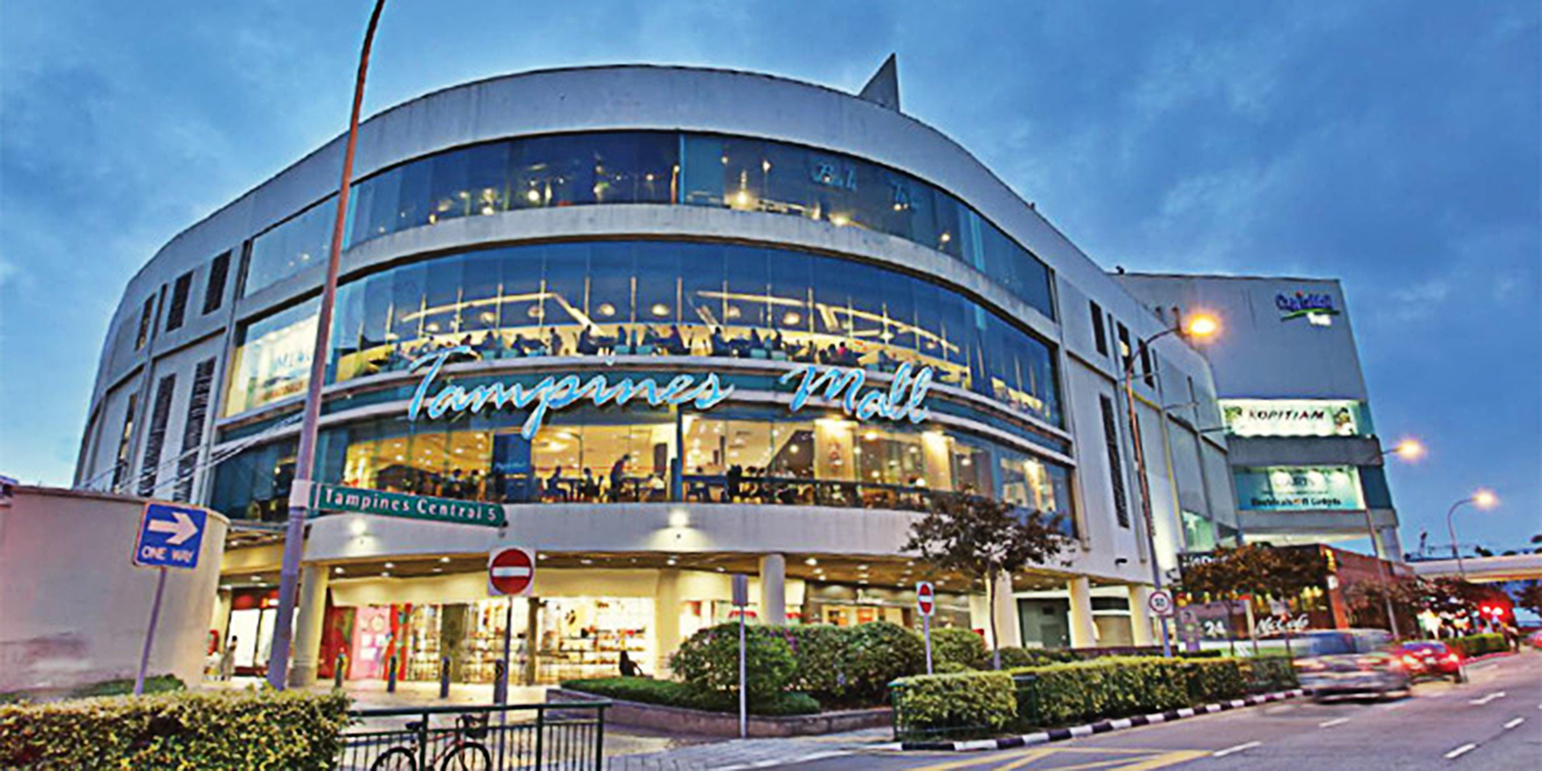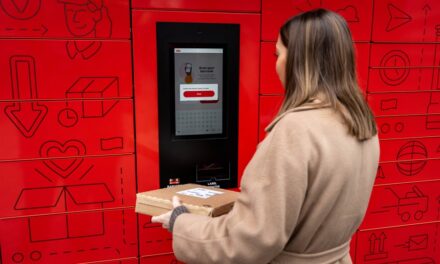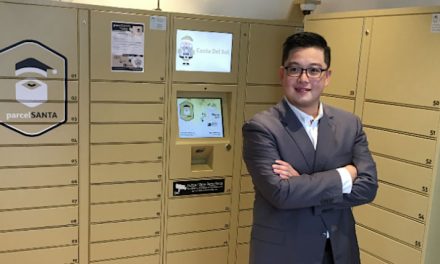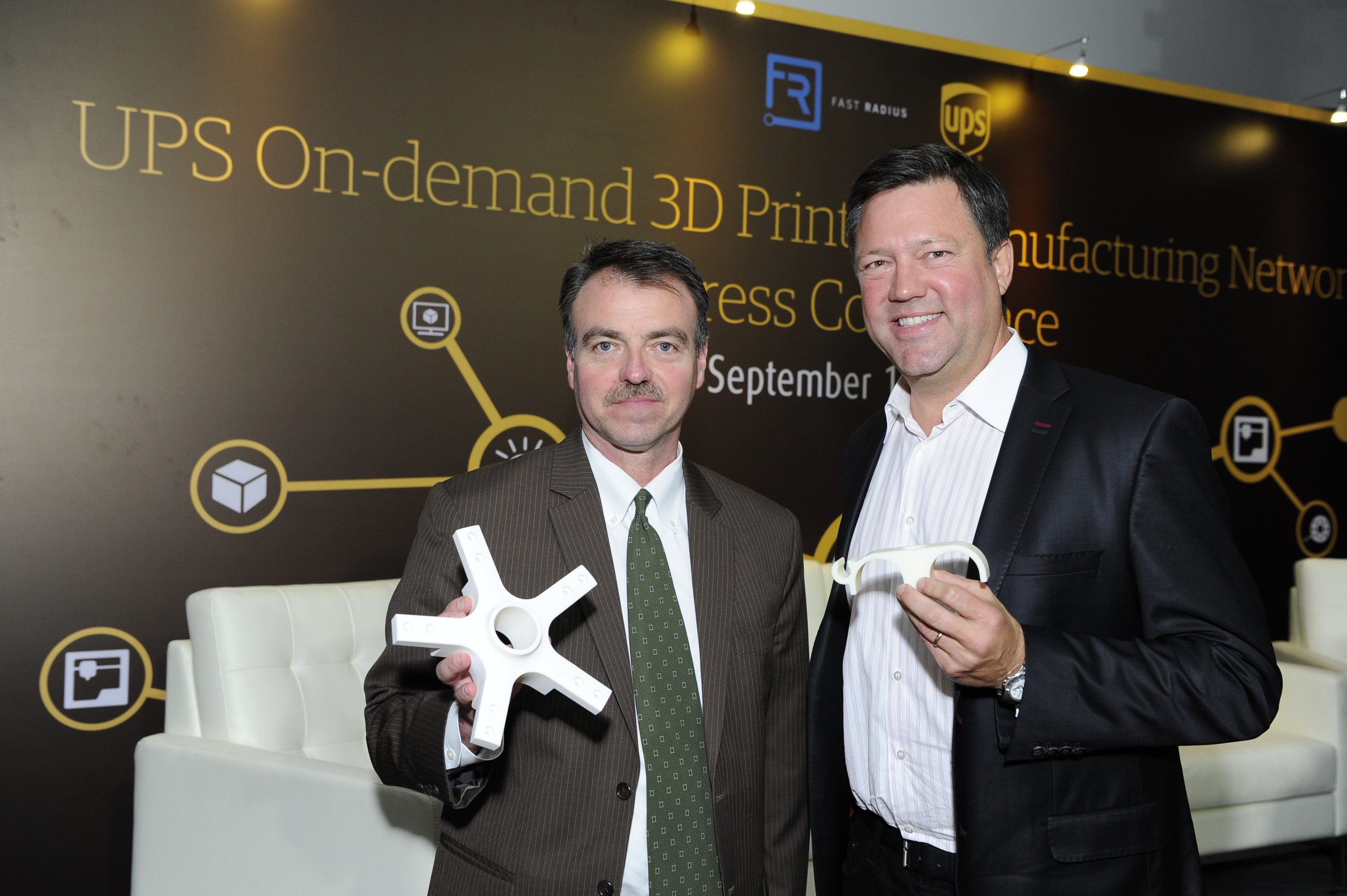
Singapore launching “In-Mall Distribution” trial

The Infocomm Development Authority of Singapore (IDA), SPRING Singapore and CapitaLand Mall Trust (CMT) Management Limited recently signed a Memorandum of Intent (MOI) to launch an In-Mall Distribution (IMD) trial at Tampines Mall and Bedok Mall. More than 300 retailers will be involved in the trial.
In a statement issued on 15 March, the IDA said: “If successful, the model may be further rolled out to other shopping malls owned or managed by the CapitaLand Group in Singapore to benefit other retailers in its network.”
The IDA explain the purpose of the trial: “Currently, logistics resources are not well-optimised in the retail sector. Goods are delivered in an unconsolidated and uncoordinated manner causing inefficient utilisation of delivery trucks, traffic congestion at loading bays of malls which spills out beyond these premises and a shortage of delivery drivers. The IMD trial seeks to address the above challenges in two ways.
“Firstly, the trial will pilot a dock scheduler and queue management system which enables Logistic Service Providers (LSPs) and tenants with their own delivery fleet to book specific delivery timings at the mall. This can reduce traffic congestion and trucks queuing outside the malls by ensuring that delivery timings do not clash.
“An innovative ‘change of custody’ system will also be introduced to improve efficiency during the handing and taking over process of deliveries. Handover processes from LSPs to retailers contribute to long waiting time for truck drivers outside malls because receivers need to manually count items. This change of custody system secures and registers the inventory of items at the shipment level electronically, allowing receivers to know the number of items received. This frees receivers from manually counting items, streamlining processes further.
“Secondly, the IMD includes the creation of In-Mall Logistics Operators (IMO). Services of the operator include being stationed within the mall to receive and consolidate deliveries from suppliers before making the distribution to retailers. The IMOs can also perform additional roles such as providing value-added services like unloading bay facility management, security pass issuance and concierge services such as luggage deposit, meal delivery for F&B establishments, and goods transfers for retailers.”
Summarising the potential benefits of the study, the IDA said: “Retailers can look forward to reduced operating costs by outsourcing jobs, such as stock transfer between outlets, goods return and on-shelf placement, to IMOs.
“As for mall management, they are able to reduce traffic congestion at their premises, which allows for better consumer movement and lower carbon emission.
“Lastly, the LSPs stand to benefit from such streamlined delivery operations, without the need to queue to get into the unloading bay. From 4 deliveries LSPs conduct in a day due to truck congestion, they can conduct as many as an estimated 6-8 deliveries within a day. This in turn, allows them to perform the same volume of deliveries or more with a smaller fleet, whilst reducing operating costs in the long run.”















